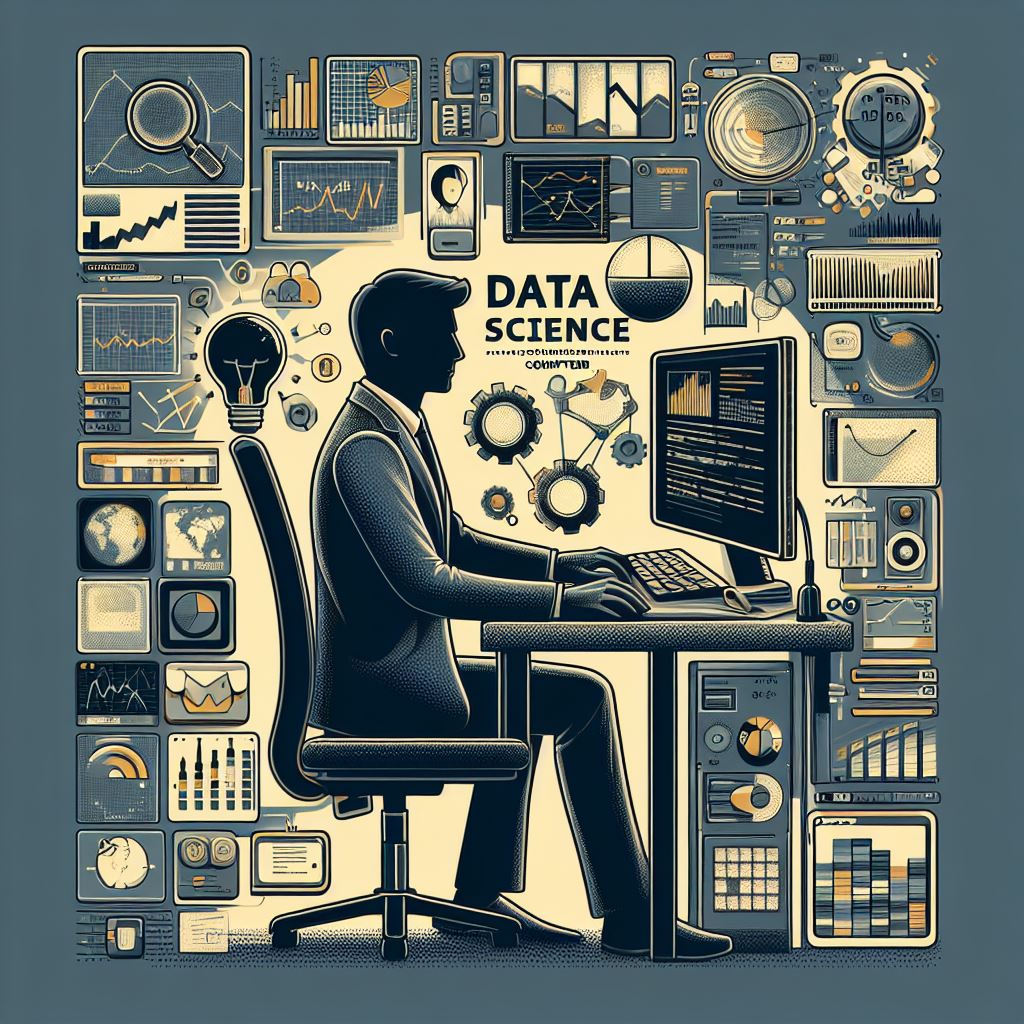Home automation is rapidly becoming an essential part of modern living, with the integration of Machine Learning (ML) and Artificial Intelligence (AI) powering the next generation of smart devices. These technologies have transformed how we interact with our homes, making everyday tasks more efficient, secure, and enjoyable. From smart thermostats to automated lighting systems, ML and AI are enabling devices to learn, adapt, and make intelligent decisions in real time, offering users a truly personalized living experience.
The Rise of Smart Homes
In recent years, smart homes have evolved from a futuristic concept to a reality. The development of interconnected devices that can be controlled remotely through smartphones or voice assistants has simplified daily routines. However, the true potential of home automation lies in its ability to learn and adapt over time, which is where ML and AI come in.
Machine Learning allows devices to analyze large sets of data and improve their functionality based on patterns and behaviors. This means that smart home devices can predict your actions and make adjustments accordingly. For example, AI-powered thermostats can learn your preferences over time and automatically adjust the temperature in your home for optimal comfort, while AI-powered lights can detect when you enter or leave a room and adjust brightness accordingly.
Enhancing Security with AI and ML
One of the most important aspects of home automation is security. AI and ML are playing a crucial role in enhancing home security systems, making them more efficient and responsive. For instance, AI-powered cameras can identify faces, recognize unusual movements, and send alerts if something seems out of place. Machine Learning algorithms help these systems improve their accuracy by constantly learning from new data, reducing false alarms and enhancing their reliability.
Another breakthrough in home security is the development of smart doorbells equipped with AI. These devices use facial recognition technology to identify visitors, allowing homeowners to verify who is at the door before opening it. Additionally, AI-powered locks can analyze patterns in user behavior, offering customized access control for different members of the household.
Convenience and Energy Efficiency
AI and ML-powered devices also make homes more energy-efficient. For instance, smart thermostats can not only learn your temperature preferences but also monitor energy consumption, adjusting settings to reduce waste. These devices can detect when you’re not at home and automatically lower heating or cooling, saving energy and reducing utility bills.
Similarly, AI-powered appliances, like refrigerators, can track inventory and suggest recipes based on the available ingredients, helping to reduce food waste. Machine Learning algorithms are also being integrated into lighting systems to ensure that lights are only on when needed, further conserving energy.
Voice Assistants and Smart Control
Voice assistants such as Amazon Alexa, Google Assistant, and Apple Siri have already made significant contributions to home automation. These AI-powered assistants enable hands-free control over a variety of devices, from lights and thermostats to music and entertainment systems. By using natural language processing, these assistants can understand commands and perform tasks with high accuracy.
As the capabilities of voice assistants continue to improve with advancements in AI, users can expect even more sophisticated interactions with their smart homes. Voice assistants will be able to predict user needs based on past behavior, making them more intuitive and proactive in assisting with daily tasks.
The Future of Home Automation
The future of home automation is incredibly promising, with AI and ML set to play an even greater role in shaping the way we live. As these technologies continue to evolve, we can expect more seamless integration between devices, making our homes smarter and more intuitive than ever before. From personalized climate control to automated grocery ordering, the potential for AI and ML in home automation is limitless.
In conclusion, home automation powered by AI and ML is revolutionizing how we manage our homes. With enhanced security, energy efficiency, and convenience, these technologies are paving the way for a smarter, more connected future. As the world of home automation continues to advance, it will undoubtedly make our lives easier, safer, and more efficient.
